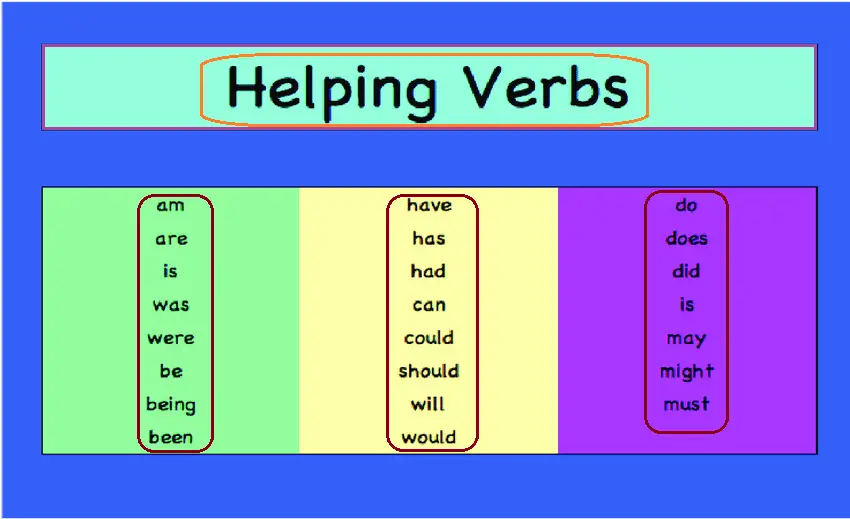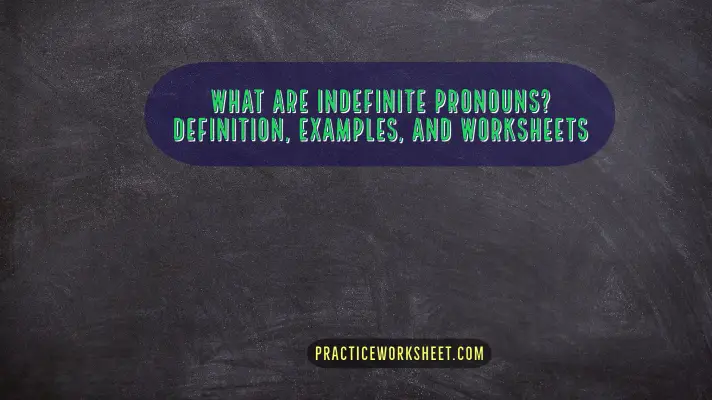A reciprocal pronoun is a specific type of pronoun used to indicate a relationship where two or more people (group) do an action of a similar type. All group members mutually receive the benefit or consequence of the same action simultaneously. Reciprocal pronouns are used in a sentence whenever something is done or given in return or some mutual action is expressed. Reciprocal pronouns always work as the objects of verbs that refer back to the two or more people who are the subjects.
In English grammar, there are only two reciprocal pronouns. They make sentences simpler by expressing the same general idea more than once. These two reciprocal pronouns are:
- Each other, and
- One another
Use of Reciprocal Pronouns
Reciprocal pronouns in English grammar refers to previously named noun and are easy to use. They are used when one person does something to another and that person does the same in exchange.
While referring to only two people engaged in mutual action, the reciprocal pronoun “each other” is used. On the other hand, the reciprocal pronoun “one another” is used to refer to more than two people. For example,
- Aharsi and Advik helped each other.
- All the members of the group are blaming to one another.
Examples of Reciprocal Pronouns
Here are some examples of reciprocal pronouns:
- Mrinal and Firan don’t talk to each other.
- Swarnali, Ismat, and Ravleen hate one another.
- They can’t tolerate each other.
- The member’s of the group do not believe one another.
- Why do you question each other?
- As the cricketers left the playground, they waved goodbye to one another.
However, note that in modern English, both reciprocal pronouns are usually used interchangeably. So, the application of each other and one another depends entirely on the context of the sentence.
Possessive form of Reciprocal Pronouns
Note that, the possessive form of reciprocal pronouns is always treated as singular, and “-s” is added to the end. The main reason behind this is that both “each other” and “one another” refers to the individuals within a group or pair. Hence, they cannot take the plural possessive form. But, the nouns that follow the possessive form of reciprocal pronouns are usually pluralized. For instance,
Uttam and Sanjeet spend a lot of time partying at each other’s houses.
In the above sentence, each other’s is used to singularize and houses are used to pluralize.
Reciprocal Pronoun Worksheets
Let’s test our understanding by solving the below-mentioned reciprocal pronoun worksheets.
Reciprocal Pronoun Worksheet 1: Fill in the blanks with the appropriate reciprocal pronouns.
- Shilpa and Raj gave __________ diamond chains on their 10th anniversary.
- The players congratulated _________ after knowing they are winners.
- The children are playing with ___________ in the garden.
- At the end of the wedding ceremony inside the church, the bride and groom kissed _______________.
- Mohor and Firan are talking to___________ in the terrace.
- Decisions taken without discussing with ____________ in the group, may be wrong.
- Students, help ___________ to solve your problems.
- Be attentive guys, why are you talking to ___________?
- Jivan and Jyoti are committed to ______________.
- Students missed _____________ during the summer holidays.







